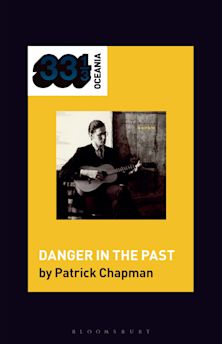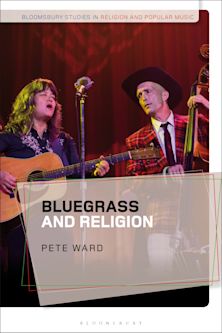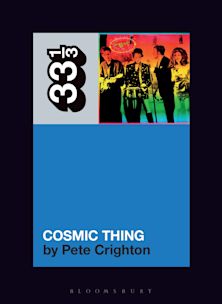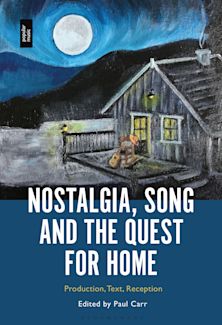- Home
- ACADEMIC
- Music & Sound Studies
- Popular Music
- Tori Amos's Boys for Pele
You must sign in to add this item to your wishlist. Please sign in or create an account
Description
It's hard to think of a solo female recording artist who has been as revered or as reviled over the course of her career as Tori Amos. Amy Gentry argues that these violent aesthetic responses to Amos's performance, both positive and negative, are organized around disgust-the disgust that women are taught to feel, not only for their own bodies, but for their taste in music. Released in 1996, Amos's third album, Boys for Pele, represents the height of Amos's willingness to explore the ugly qualities that make all of her music, even her more conventionally beautiful albums, so uncomfortably, and so wonderfully, strange. Using a blend of memoir, criticism, and aesthetic theory, Gentry argues that the aesthetics of disgust are useful for thinking in a broader way about women's experience of all art forms.
Table of Contents
Introduction: On Being Grossed Out
1. Y Kant Tori Rage?
2. Y Kant Tori Kant?
3. Y Kant Tori Sit Still?
4. Y Kant Tori Rock?
5. Y Kant Tori Cop to It?
6. Y Kant Grow Up?
7. Y Kant Tori Stop Looking at Herself?
8. Y Kant Tori Be Intersectional?
Conclusion: Twinkle and Spark
Acknowledgments
Notes
Product details

| Published | 01 Nov 2018 |
|---|---|
| Format | Ebook (PDF) |
| Edition | 1st |
| Extent | 192 |
| ISBN | 9781501321320 |
| Imprint | Bloomsbury Academic |
| Series | 33 1/3 |
| Publisher | Bloomsbury Publishing |
About the contributors
Reviews
-
Blending feminist criticism and art theory, Gentry deftly explains how Amos's juxtaposition of ambitious arrangements with ugly subject matter illustrates the myriad ways in which women use art to reevaluate dark experiences.
Amanda Wicks, Vulture
-
Gentry expands Amos' polarizing 1996 album into an intrusive, vital examination of why we're often simultaneously disgusted and intrigued by the work of particular women artists.
Austin Chronicle
-
In this remarkable book Amy Gentry pulls off such fearless feats of feminist criticism I found myself hollering "Yes!" out loud, dog-earing and underlining entire passages. She dives deep into why we consider certain women and their art simply "too much," and examines her own love and trepidation for Tori Amos' work with relentless, righteous curiosity. This is an essential read, a barnburner of a book for anyone who thinks deeply about music and the people who make it.
Jessica Hopper, author of The First Collection of Criticism by a Living Female Rock Critic

ONLINE RESOURCES
Bloomsbury Collections
This book is available on Bloomsbury Collections where your library has access.



































